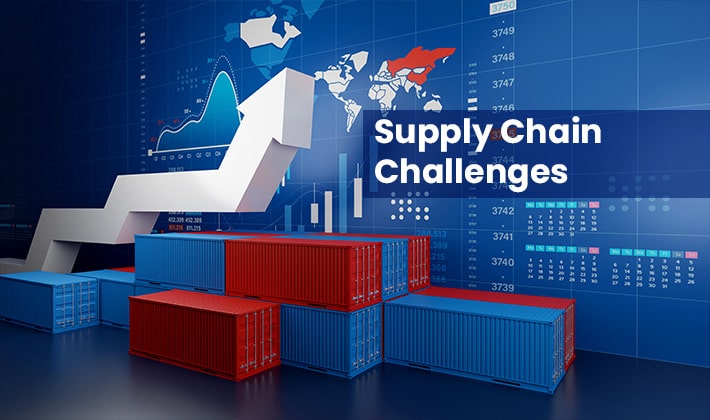Software Solutions for Tackling Unique Supply Chain Challenges

In the fast-paced world of supply chain management, one-size-fits-all software solutions often fall short. As businesses grow, diversify, and face new operational demands, they encounter challenges that standard systems cannot always address. This is where bespoke software enhancements become not just useful, but essential.
Why Standard Supply Chain Software Is Not Always Enough
Many companies begin with off-the-shelf ERP or inventory management systems that offer core functionality such as inventory tracking, purchase order processing, and basic reporting. While these tools are effective for general use, they often lack the flexibility to adapt to specific workflows, niche business models, or industry regulations.
For example, a company managing perishable goods may need unique expiry tracking and FIFO automation, while another in e-commerce may require integration with multiple marketplaces, custom pick-pack-ship sequences, or real-time customer notifications. Off-the-shelf tools often do not support such complexity without additional customization.
What Are Bespoke Software Enhancements?
Bespoke software enhancements refer to tailored modifications, add-ons, or standalone tools designed to extend or complement existing supply chain systems. These may include:
- Custom dashboards and reports for specific KPIs
- Integration modules between platforms (e.g., inventory to accounting)
- Automated workflows tailored to unique processes
- Data validation tools to reduce human error
- Specialized compliance modules for industry-specific regulations
These enhancements are built around the exact needs of the business and are often integrated seamlessly into existing software stacks.
Solving Real-World Supply Chain Problems
Let us consider some typical challenges of the supply chain and how tailored software addresses them:
1. Inefficient Order Fulfillment:
A business dealing with high order volumes might struggle with delayed processing and picking errors. A customized workflow could automate order prioritization, group picking by warehouse zones, and update stock levels in real-time, improving speed and accuracy.
2. Disjointed Systems:
Many businesses use multiple platforms for sales, inventory, and finance, but these do not always communicate well. A bespoke integration solution can bridge the gap, syncing inventory levels, automating invoice creation, and providing a unified data view.
3. Manual Data Handling:
Relying on spreadsheets or manual data transfers between systems leads to inefficiencies and risks. Bespoke automation tools can replace repetitive tasks such as inventory reconciliation, reducing time spent and errors made.
4. Regulatory Compliance:
Companies operating in sectors with strict traceability or documentation requirements can benefit from custom compliance modules, which ensure consistent documentation, alerts for non-compliance, and audit-ready records.
Long-Term Value of Custom Enhancements
While bespoke software enhancements may require upfront investment and planning, the long-term benefits are substantial:
- Increased operational efficiency
- Improved data accuracy and decision-making
- Enhanced scalability as the business grows
- Greater adaptability to industry changes
- Stronger competitive positioning through innovation
These custom solutions evolve alongside your business, allowing for continuous improvement without the need for a complete system overhaul.
Conclusion
As supply chain operations become more intricate and demand greater agility, customized software enhancements provide the precision and flexibility businesses need. They empower teams to work smarter, streamline complex processes, and stay ahead of changing market demands—all while making the most of existing systems. For companies facing unique challenges, bespoke solutions are no longer a luxury—they are a strategic necessity.



